Let me start by saying, this is not an April Fool’s joke. I have noticed parallels between Obama’s presidency and Trump’s for some time now, and it’s just a coincidence that I’ve written this today. While it doesn’t take a political genius to understand that Obama and Trump couldn’t be more different, when you look beyond the surface you see similarities between their presidencies. Don’t believe me? Hear me out. I’ve compiled the following list of the most significant similarities that will make you think that history does repeat itself sometimes.
7. Both were elected following a divisive two-term presidency
Aside from 9/11, George W. Bush’s presidency was defined by the war in Iraq, which most Democrats supported until Howard Dean made it unfashionable. That division helped make Barack Obama a contender in the Democrat primary and separate himself from Hillary Clinton, whose previous support for the war in Iraq and other issues that once had bipartisan support but became political footballs for radical liberals to seize on in a highly contentious primary. Hillary’s past support for such issues helped define her as a waffler, or as Obama put it, someone who would “say anything and change nothing.” Democrats wanted the exact opposite of Bush, and Hillary, who had supported the war in Iraq, didn’t measure up.
Similarly, when Donald Trump entered the 2016 campaign, he’d already made headlines for criticizing Barack Obama and sharply contrasted Obama’s 2012 GOP opponent, Mitt Romney, who was repeatedly seen as being too soft in his offense, missing the opportunity to unseat a divisive president who had yet to bring the country out of economic malaise. Trump’s brazen nature and willingness to fight hard against his primary opponents signaled GOP voters that Trump wouldn’t hold back punches. Despite polls showing Trump was destined for defeat, many felt Trump was their best chance because he was a fighter, and they were right.
6. Both were considered anti-establishment outsiders
Barack Obama entered the national stage in 2004, with his speech at the 2004 Democratic National Convention, and had been a U.S. senator for a few minutes before deciding to run for president. He ran against a bunch of Democrats who were older, more experienced, and a lot more qualified. His young age and race, however, appealed to the base of the Democratic Party, which, at the time, really responded to the idea of “changing” Washington. Despite being a U.S. senator, Obama was young and fresh and he managed to inspire the base in ways no establishment candidate could.
As for Trump, you don’t get any more outsider than him. Having never held political office before, Trump truly represented the “anti-establishment” that no one could compete with. As Barack Obama came to represent the worst of Washington, D.C., Trump’s “drain the swamp” slogan struck a chord with those who were tired of politicians who promised to be a different kind of politician but failed to deliver. Trump’s focus on the “forgotten” middle class who suffered during the Obama years helped him siphon former Obama supporters who felt betrayed by his “hope and change,” and weren’t about to risk being disappointed by Hillary Clinton.
5. Both took office with one-party control of the government
When Barack Obama took office in 2009, Democrats controlled the House and Senate. When Senator Arlen Specter switched parties in April 2009, he became the 60th Democrat vote, giving the Democrats a filibuster-proof majority. When Donald Trump took office in 2017, Republicans controlled the House and Senate. The GOP’s majority in the Senate was razor thin, however, and moderate Republicans were often unreliable votes for the Trump agenda, but they still managed to pass important legislation.
Both Obama and Trump also lost their one-party control after their first midterm. The tea party movement delivered a historic loss for Obama in the House of Representatives in 2010, and the Resistance movement saw the Democrats take back the House in 2017, though by a smaller margin. The biggest difference here is that while Barack Obama was the one who refused to work with Congress to achieve compromise legislation, under Trump, it’s the Democratic majority that is choosing to resist, resist, resist.
4. Both have extremely polarized poll numbers
The partisan polarization of approval numbers has been a long-term trend. Despite Obama’s promise to unite the parties, he became the president with the largest partisan gap in approval in history. That is until Donald Trump’s presidency continued that trend.
3. Both hated the media
The media may have loved Obama, but he didn’t exactly reciprocate. He went after whistleblowers, spied on reporters, and was so controlling and hostile to the media that the Committee to Protect Journalists called him a “control freak” and “worse than Nixon.” Trump is no fan of the media either, and regularly calls them out for their biased reporting, which, okay, isn’t as bad as what Obama did, but still counts as a similarity in my book.
2. Both presidencies were dogged by conspiracy theories
When a polarizing figure has the highest office in the land, theories are bound to follow. Questions about Barack Obama’s status as a natural-born citizen began with the Hillary Clinton campaign, but persist to this day. In 2011, the Obama White House even published a PDF scan of his birth certificate, which because of layers in the document, many people dismissed it as a forgery.
Donald has also been the subject of a conspiracy theory: Russian collusion. The attention that this conspiracy theory eclipses the attention birtherism was given many times over. And, sadly, after 2,800 subpoenas, 675 days, 500 witnesses, 500 search warrants, 34 indictments, and $25 million proved that no collusion happened, many still choose to believe it.
1. Both were reelected
Okay, part of me is using a crystal ball here, but considering the above similarities, and other factors that work in Trump’s favor, I think it’s not a stretch to say that Trump will, despite his polarizing effect on the population, win reelection. In 2012, Barack Obama won reelection despite an economy that had yet to recover. Obama lost support in 2012 compared to 2008, but that wasn’t enough for Mitt Romney to overtake him. Obama had a loyal base of voters who weren’t going to abandon him, and similarly, Trump has a pretty large and loyal base in the GOP.
But, Trump has something else going for him, too. The economy has improved since his election. People are finding work and making more money now than they were under Obama. Barring a downturn in the economy, Trump will head into the 2020 election in a very strong position to be reelected. Plus, as the Mueller report exonerated him of collusion, Democrats’ insisting on dragging that out further risk a serious backlash from voters who simply want them to move on and tend to the business of the American people.
_____
Matt Margolis is the author of The Scandalous Presidency of Barack Obama and the bestselling The Worst President in History: The Legacy of Barack Obama. His new book, Trumping Obama: How President Trump Saved Us From Barack Obama’s Legacy, will be published in 2019. You can follow Matt on Twitter @MattMargolis


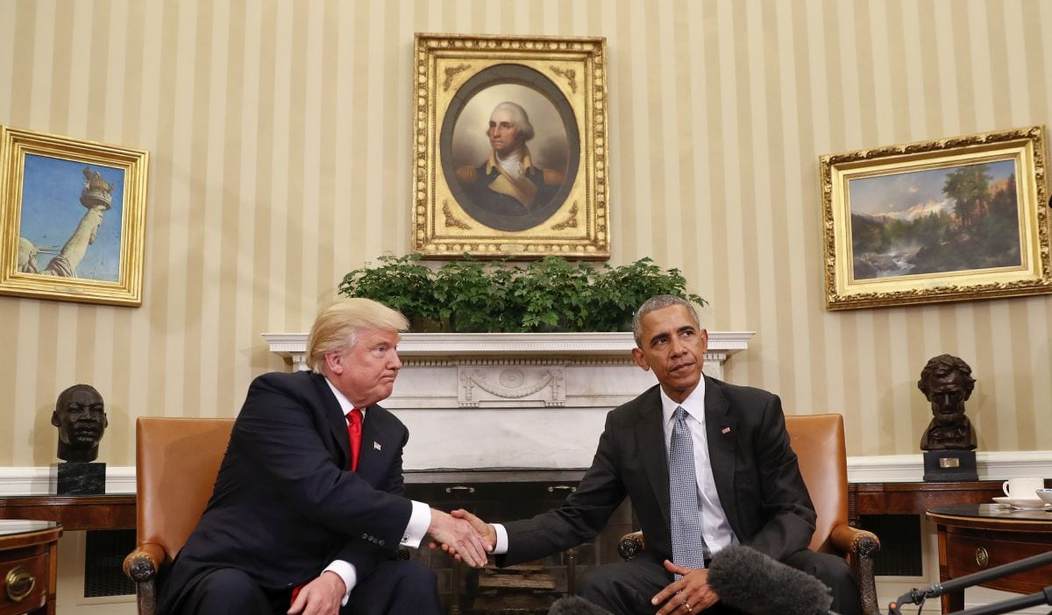

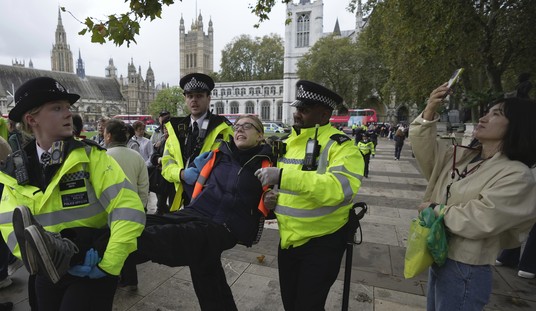
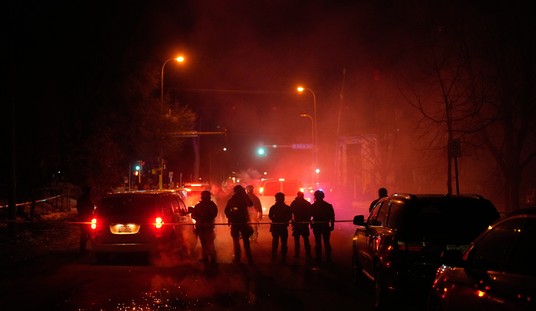

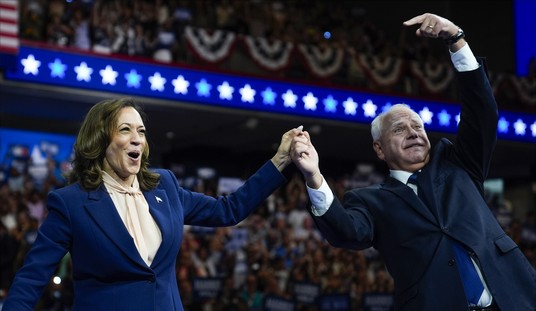
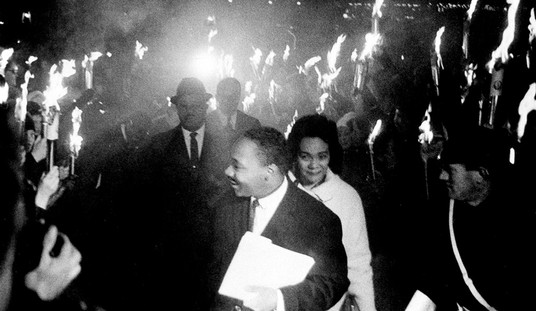
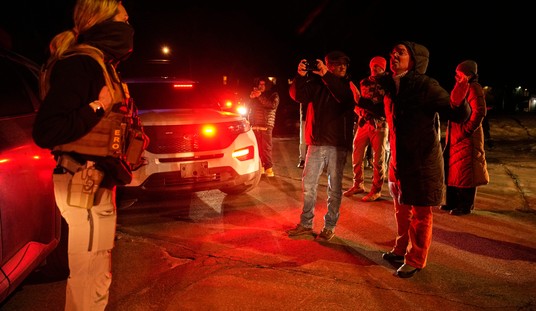
Join the conversation as a VIP Member